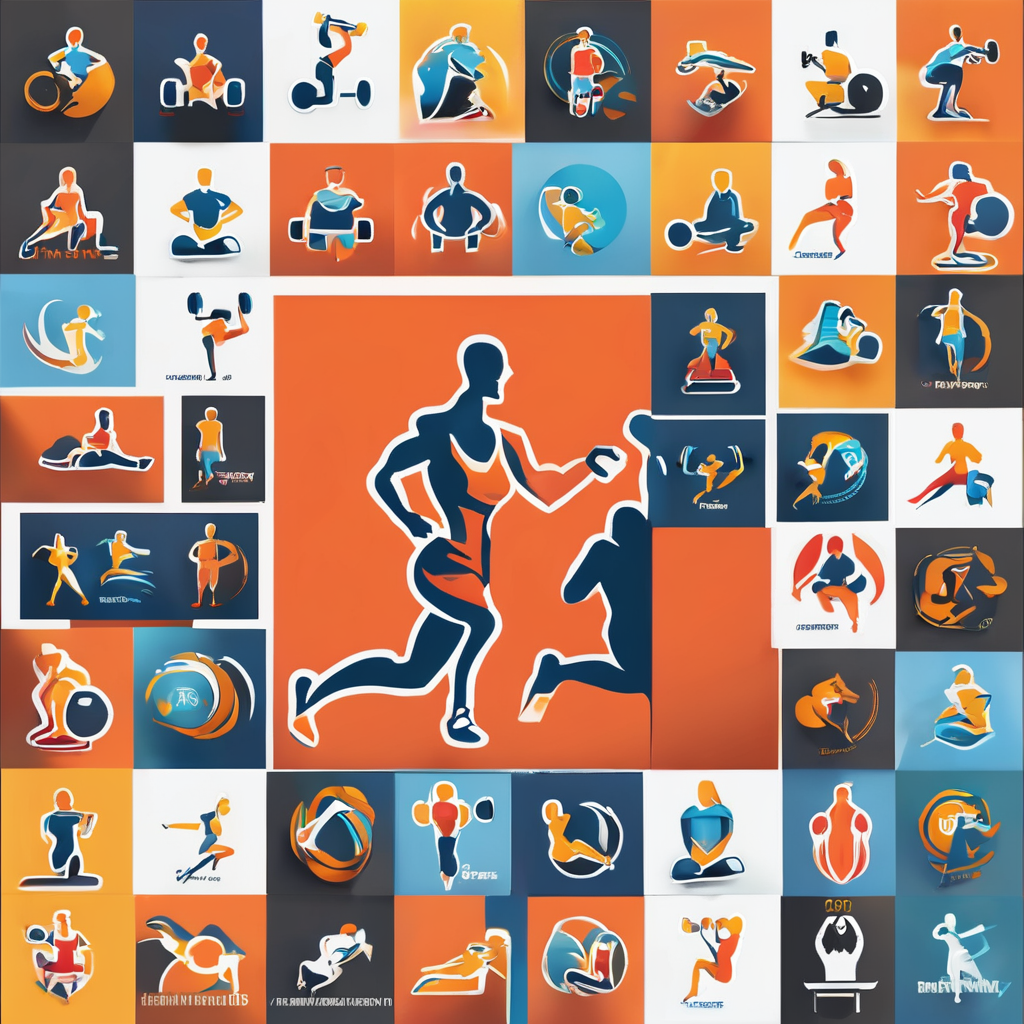Unlocking Mental Clarity: How UK Martial Artists Harness Meditation to Sharpen Focus and Ease Anxiety
In the bustling world of martial arts, where physical prowess and mental toughness are paramount, meditation has emerged as a powerful tool for UK martial artists to enhance their mental clarity, reduce stress, and improve overall well-being. This article delves into the ways meditation is integrated into martial arts training, its benefits, and how it contributes to the holistic health of practitioners.
The Intersection of Martial Arts and Meditation
Martial arts, such as Shaolin Kung Fu, Tai Chi, and Jiu Jitsu, are not just physical disciplines but also encompass mental and spiritual aspects. Meditation, a core component of many Eastern martial arts traditions, is increasingly recognized for its ability to enhance both physical and mental health.
This might interest you : Crucial Elements for an Effective Sports Psychology Strategy in UK Boxing
Historical Roots
Meditation has its roots in ancient Eastern practices, particularly in Buddhism and Taoism. These traditions emphasize the balance between the body and the mind, a concept that is central to martial arts. For instance, the UK Shaolin Centre, a leading institution in martial arts and wellness, incorporates meditation and breathing techniques into their training programs to foster this balance[2].
Benefits of Meditation in Martial Arts
Meditation offers a myriad of benefits that are particularly relevant to martial artists.
Topic to read : Mastering Off-Season: Unleashing the Relentless Discipline of UK Martial Artists
Physical Health Benefits
- Improved Flexibility and Strength: Meditation, combined with physical training, can enhance flexibility and strength by improving the mind-body connection. This is evident in practices like Qi Gong, which focuses on aligning breath and movement to improve energy flow and physical resilience[1].
- Enhanced Recovery: Meditation aids in recovery by reducing muscle tension and improving overall physical health. Tools like foam rollers and muscle soothing devices, when used in conjunction with meditation, can significantly enhance recovery after intense training sessions[3].
Mental Health Benefits
- Stress Relief: Meditation is a potent tool for reducing stress and anxiety. By practicing breathing techniques and guided meditation, martial artists can achieve a calm and focused state of mind, essential for both training and everyday life[1].
- Mental Clarity and Focus: Regular meditation practice improves mental clarity and focus. This is crucial for martial artists who need to stay alert and concentrated during training and competitions. Jet Li, a renowned martial artist and actor, has spoken about how meditation has helped him achieve greater balance and inner strength[5].
Techniques and Practices
Martial artists in the UK employ various meditation techniques to enhance their practice.
Breathing Techniques
Breathing exercises are fundamental to many martial arts disciplines. Here are some key techniques:
- Diaphragmatic Breathing: This type of breathing engages the diaphragm, allowing for deeper and more efficient oxygen intake. It is often taught in Qi Gong and Tai Chi classes to help practitioners relax and focus[1].
- 4-7-8 Breathing: Also known as the “Relaxation Breath,” this technique involves breathing in through the nose for a count of 4, holding the breath for a count of 7, and exhaling through the mouth for a count of 8. This can help reduce stress and promote relaxation.
Guided Meditation
Guided meditation is another popular method used by martial artists. Here’s how it can be integrated:
- Pre-Training Meditation: A short guided meditation before training can help martial artists center themselves, improve focus, and prepare mentally for the physical demands ahead.
- Post-Training Meditation: After a rigorous training session, guided meditation can aid in recovery by reducing muscle tension and promoting relaxation.
Practical Insights and Actionable Advice
For those looking to incorporate meditation into their martial arts practice, here are some practical tips:
Creating a Meditation Routine
- Start Small: Begin with short meditation sessions, even just 5-10 minutes a day, and gradually increase the duration as you become more comfortable with the practice.
- Consistency: Make meditation a part of your daily routine, ideally at the same time each day to create a habit.
- Environment: Find a quiet, comfortable space where you can meditate without distractions.
Integrating Meditation into Training
- Warm-Up and Cool-Down: Incorporate meditation into your warm-up and cool-down routines. This can help you transition into and out of your physical training more smoothly.
- Mindfulness During Training: Practice mindfulness during your physical training by focusing on your breath and the sensations in your body. This can enhance your performance and reduce the risk of injury.
Community and Support
Martial artists often find that being part of a community enhances their practice and motivation.
Joining a Martial Arts Community
- UK Shaolin Centre: Institutions like the UK Shaolin Centre offer a variety of classes, including meditation and breathing techniques, in a supportive community environment. Joining such a community can provide access to guided meditations, workshops, and like-minded individuals[2].
- Workshops and Events: Participate in workshops and events that focus on meditation and mindfulness. These can provide valuable insights and practical tips from experienced practitioners.
Real-Life Examples and Anecdotes
Many martial artists have found significant benefits from incorporating meditation into their practice.
Jet Li’s Meditation Journey
Jet Li, in a recent webinar, shared how his meditation journey has led to greater balance and inner strength. He emphasized the importance of meditation in achieving a more harmonious and focused life[5].
Personal Growth Through Meditation
A practitioner at the UK Shaolin Centre shared, “Meditation has been a game-changer for me. It has helped me manage stress and improve my focus during training. I feel more grounded and confident, both on and off the mat.”
Comparative Analysis of Meditation Techniques
Here is a comparative table of different meditation techniques commonly used by martial artists:
| Technique | Description | Benefits | Best For |
|---|---|---|---|
| Diaphragmatic Breathing | Engages the diaphragm for deeper breathing | Improves oxygen intake, reduces stress | Beginners and advanced practitioners |
| 4-7-8 Breathing | Involves specific counting to regulate breath | Promotes relaxation, reduces anxiety | Those seeking quick stress relief |
| Guided Meditation | Follows a guided audio or visual to lead meditation | Enhances focus, aids in recovery | Those new to meditation or needing structured guidance |
| Mindfulness Meditation | Focuses on the present moment and body sensations | Improves mental clarity, reduces muscle tension | Practitioners looking to enhance their physical and mental connection |
Meditation is a powerful tool that UK martial artists are increasingly embracing to enhance their mental clarity, reduce stress, and improve overall health. By integrating breathing techniques, guided meditation, and mindfulness into their training, martial artists can achieve a better balance between their physical and mental well-being.
Key Takeaways
- Meditation Enhances Physical Health: Improves flexibility, strength, and recovery.
- Meditation Benefits Mental Health: Reduces stress and anxiety, improves mental clarity and focus.
- Community Support: Joining a martial arts community can provide valuable resources and motivation.
- Practical Tips: Start small, be consistent, and integrate meditation into your daily routine.
Incorporating meditation into your martial arts practice can be a transformative step towards achieving greater balance, focus, and inner peace. Whether you are a beginner or an experienced practitioner, the benefits of meditation are undeniable, and its integration into your training can lead to a more fulfilling and healthy life.



